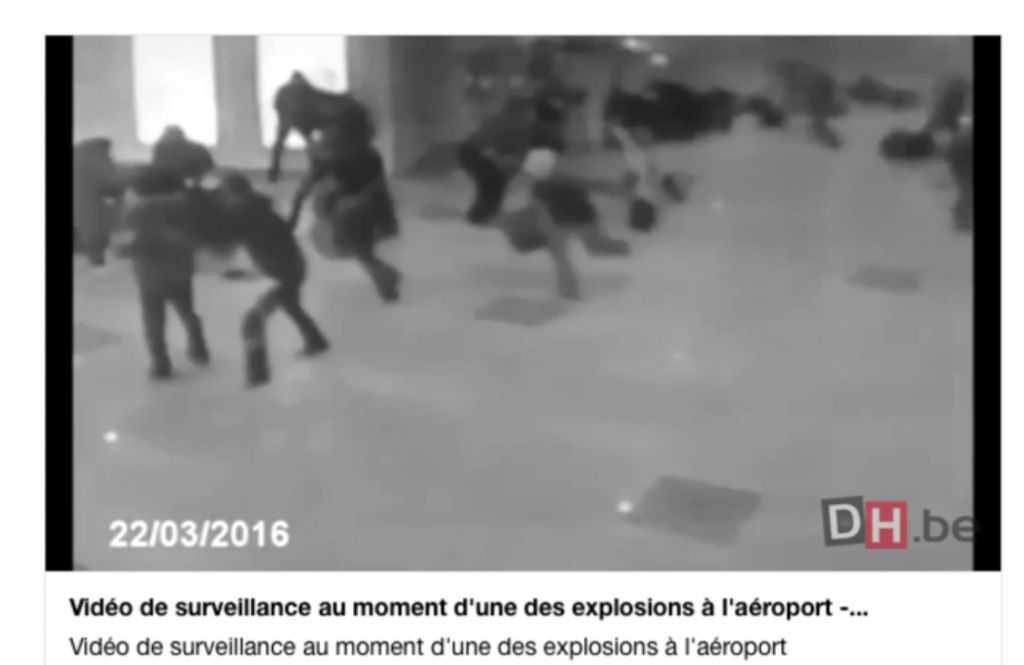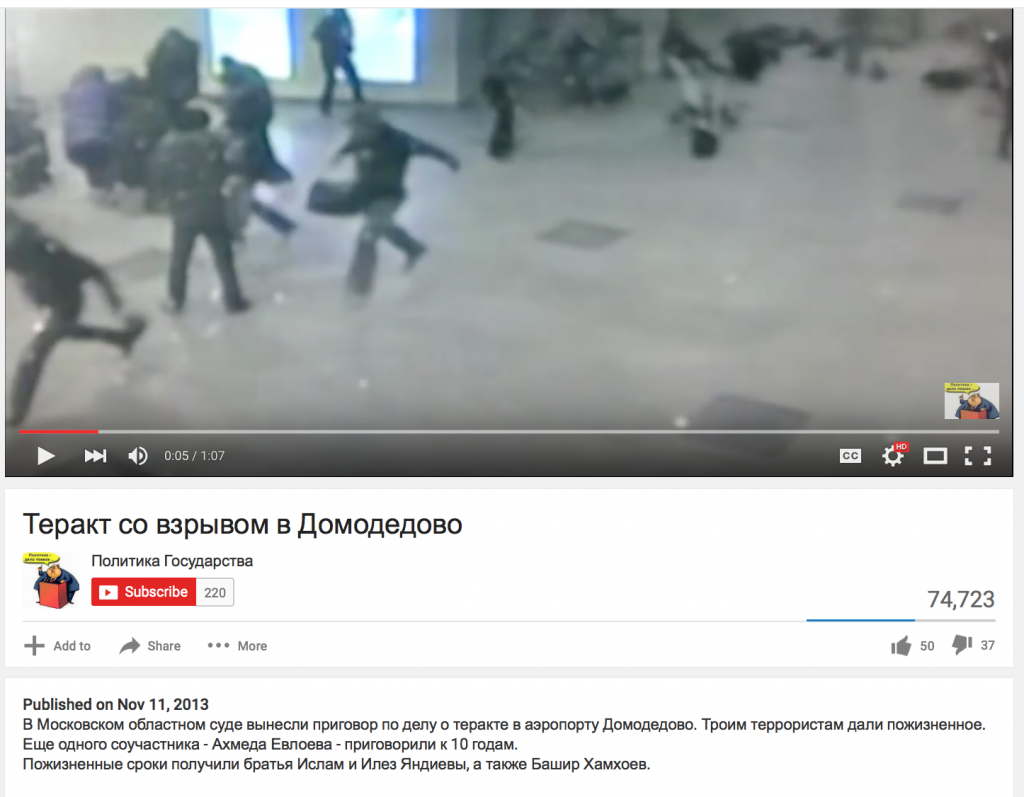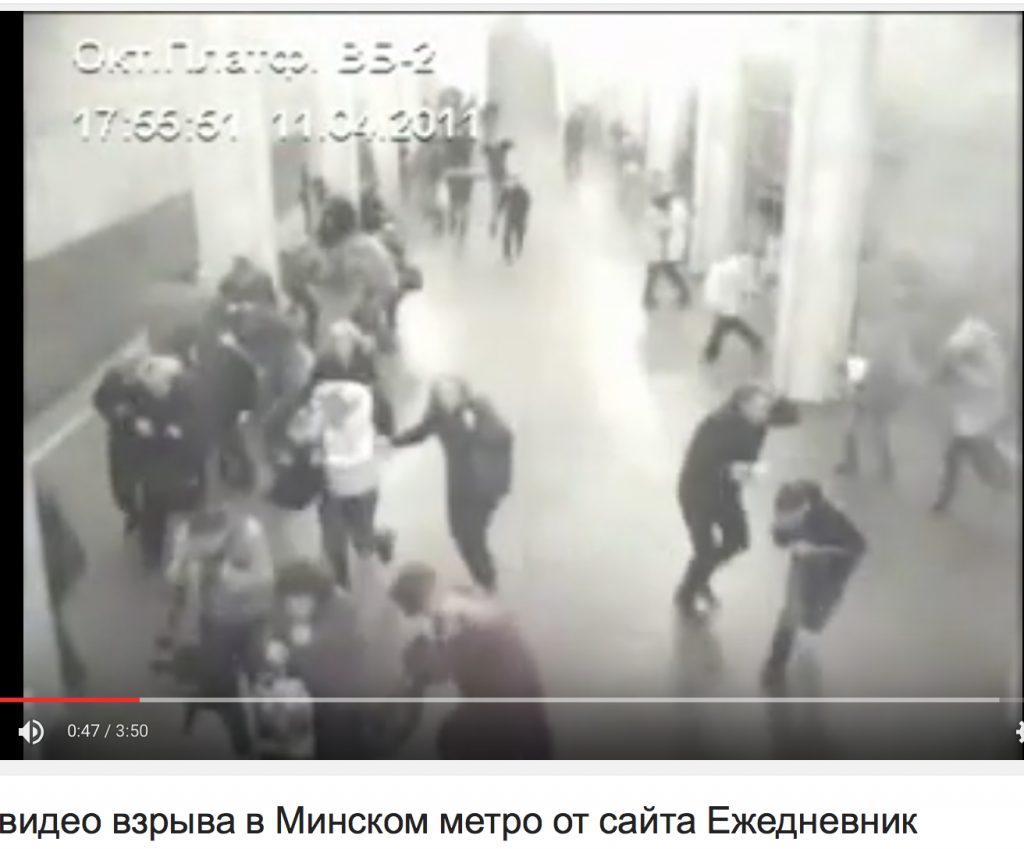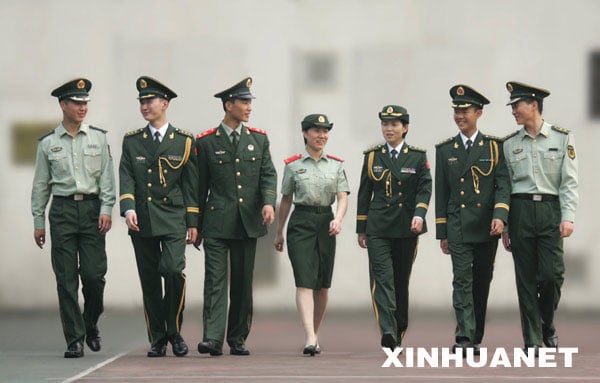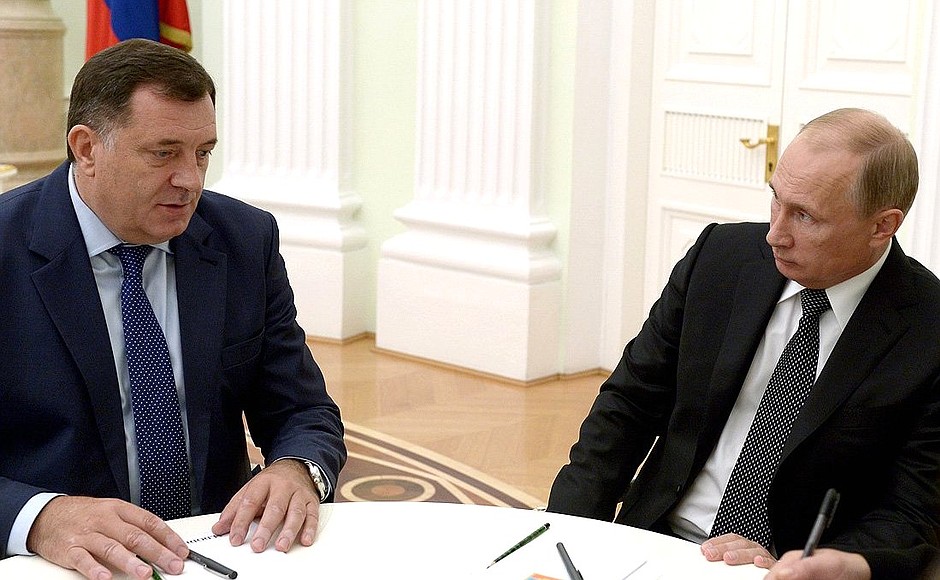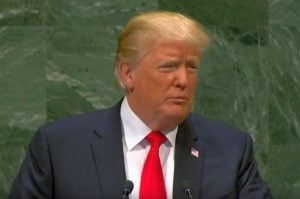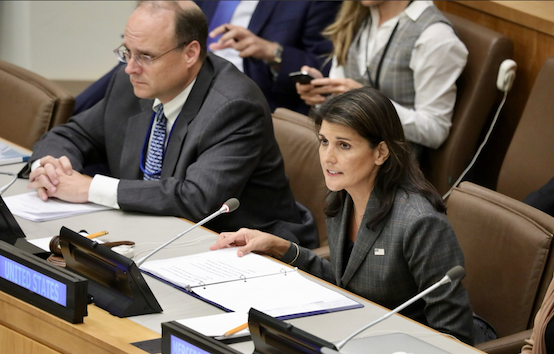Even in “Revolutionary Countries”, Mass Media Is Still in the Hands of the Right
October 7th, 2018 by Andre Vltchek
How could a country win her fight against Western imperialism, how could it become truly independent, if its people are fully conditioned, through the mass media and education, by the North American and European doctrines and world view?
Wherever I work and struggle in this world, I am always amazed, even shocked, by how powerful the Western tools of indoctrination are, how effective its propaganda is.
Even in such countries like Vietnam, where one would think, Communism won at a tremendous cost of millions of lives, people are now increasingly indoctrinated by the West. They are apathetic and progressively ignorant about the world. Yes, of course, officially the country is in solidarity with so many struggling and oppressed parts of the world, but ask common people on the streets of Hanoi what they know about the horrific things that are being done by multi-nationals in Africa or even in Indonesia; the great majority would say that they know close to nothing. And if you press harder, chances are that you will be told that they do not really care. It is because the Western official narrative has already infiltrated, entered everything here, from social media to NGOs. It also began influencing arts, television and education.
Ideological war is on, and it is real. It is tough, ruthless and often more destructive than a war fought by conventional weapons.
The victims of this war are human brains, human minds, culture, and sometimes entire political systems.
Your country loses an ‘ideological battle’, then another one, and soon you can find yourself living in a system which is totally foreign to you and to your people; to their history, traditions and desires.
*
I am writing this essay in the city of Puebla, in Mexico. You know, the people of Mexico just recently voted, and overwhelmingly, they elected the left-wing Presidential candidate, Andres Manuel Lopez Obrador.
For three weeks I travelled all around the country. I spoke to hundreds of people. Most of them were hopeful; most of them were instinctively longing for socialism. Usually, they do not call it ‘socialism’, because for decades they were told not to use this word in any positive context, but what they describe when they dream, is clearly a form of socialism, nevertheless.
But how can they define the position of their country in the world, or even their own position inside their country? You turn on the television set, and all you see is CNN in Spanish (‘Mexican edition’), or the extreme right-wing FOX, or some corporate-owned local TV station. Almost all international news in Mexican newspapers is taken from the Western press agencies.
Can socialism be built like this, based on the Western indoctrination, disinformation system?
Telesur is not even available on most of the cable television systems, so how?
*
Again, this is really nothing new. For instance, since the beginning of the Bolivarian Revolution in Venezuela, the mainstream media outlets were firmly in the hands of the right-wing individuals, and big business. Not all, but definitely most of them.
It used to be truly grotesque, and it still is: while most of the journalists supported Chavez, and later Maduro, they were too scared to write anything positive about the government, fearing that they would lose their jobs.
The insults (and lies) they were paid to regurgitate against the revolutionary system, would easily land them in jail in the United States and definitely in the UK – a country with draconic defamation laws. In Venezuela, most of them were allowed to write – to write garbage and outright lies. The more uncensored the hostile outburst were, the more ‘unfree’ the West called the Venezuelan media environment. The usual stuff, the usual logic of the propaganda: black is white, and cats are rats. Repeat it thousand times, and millions will believe it.
Revolutionary Bolivia is facing the same problems, and so was Ecuador during the previous, socialist administration (now, there, it is ‘business as usual’, with the Western media openly operating in the country, almost unopposed).
Brazil is living through the aftermath of something that could be loosely described as a ‘constitutional coup’ perpetrated by the right-wing establishment, against Dilma and her highly successful PT (socialist) government. The coup was only possible, because the mass media of Brazil, fully backed and fueled from abroad, consistently smeared all the great achievements of the left-of-center administration, putting individuals under a microscope, while describing as ‘corruption’ things that would be absolutely acceptable in Europe or the United States, not to speak about the right-wing countries all over the Latin America.
The smear campaign against Cristina in Argentina, is another example of the right-wing madness ‘which pays.
But how would people know all this, if almost all sources of information are coming exclusively from one – right-wing – camp?
They feel something is happening – they feel it intuitively – but they find it extremely difficult to formulate what they feel precisely.
I witness this all-over Latin America, all over Africa, Asia Pacific, India and the Middle East.
It is a confusion, an unhealthy confusion, manufactured somewhere else, somewhere far away.
*
Let’s face it: this is a truly bizarre situation.
The Western public is ‘discovering’ new and powerful media outlets, which are coming from the non-Western countries. Many people in London or New York are now hooked on RT, CGTN, Press TV, or Telesur. Masses are reading magazines like NEO (New Eastern Outlook, edited in Russia), or Countercurrents (India).
But in those countries that are clearly victims of the Western interventions and brutal neo-colonialist policies, almost all information sources available come from the West – from the very centers of the present world order.
*
What can be done?
Lately there was plenty of ‘poor us’, or ‘they are after all of us’ statements in the alternative press, at least in the West.
Of course, they are!
Well, Comrades, war is war, even an ideological one!
What did you expect? That, after we start attacking the system that has been literally raping the planet for several centuries the system would quietly die, or go away? That is not realistic.
The news that is actually lately coming our way is very good:
Many powerful media outlets that are opposed to the official Western narrative are already in place, or emerging.
In the non-Western world, there are above mentioned RT, PressTV, CGTN, Al-Mayadeen, Telesur. There is New Eastern Outlook (NEO), Sputnik, TASS, Countercurrents, and hopefully soon, Prensa Latina will rejuvenate itself.
They are all on air, already running, fully functional and counting on some of the best writers and thinkers on this Planet, as their contributors.
So, what is next?
We have to, and this is absolutely essential, to reach people in the non-Western countries.
Some new media, even if it is totally anti-imperialist and in support of the oppressed world, is still using ‘old methods’, like interviewing almost exclusively people with either British or US accents, as if this would be giving them some enhanced credibility.
Also, there is too much accent on covering the West, and too little on covering what is happening in Africa, Latin America, Asia or the Middle East.
The people of Africa have had enough of Europeans and North Americans telling them ‘what they really are’, and what they should do. They have plenty to say about their own lives and their own countries. The same goes for the Asians.
In order to reach Africans, we have to talk to the African thinkers, revolutionaries, and of course, to their common people; to talk to them “on the record”, not to listen to ourselves preaching to them.
Our media outlets should be different – truly global but above all, ‘internationalist’.
Chinese CGTN has adopted precisely this philosophy, and it works wonders. People are watching – all over Africa and all over Asia. RT did a tremendous job through their Spanish language broadcast. NEO’s greatest strength is in its in-depth coverage of Asia – the biggest continent on Earth.
Above all, we have to reach as many people in the entire occupied and oppressed word. If some big television stations with substantial budgets (like RT or CGTV) can afford to advertise, they should. And if they cannot convince the cable or satellite providers in Latin America, Asia or Africa to carry their broadcasts, they should concentrate on convincing millions of individuals to watch their programs online, through the internet, as I am doing right now, in Mexico.
*
Things can be turned around, when there is dedication, enthusiasm and professionalism.
Russia, China and Iran are great examples. Soviet media during Gorbachev and Yeltsin eras was totally humiliated and forced into submission. For several dark years, all that the West was saying and writing was expected to be considered as pure gold by millions in both Russia and the former Soviet republics. But the West did not come to Russia with an olive branch. Dependency on the Western narrative was most likely one of the main reasons, why the Soviet Union, and then Russia itself, virtually collapsed. Western propaganda was aiming at bringing the Russian people to their knees. It was clearly a vehicle of hostility and destruction.
But Russia soon regrouped. It got back to its feet. And its media has completely and brilliantly reinvented itself. Now, it is strong, brave and intellectually superb.
China also went through a period when ‘everyone educated’ was expected to parrot Western dogmas. Chinese universities and media outlets got infiltrated from abroad. Hostility towards Communism was steadily injected into Chinese students who were graduating from the European and North American universities. The main goal of the West has always been to derail the Chinese socialist system, and to make China subservient to the West. In the end, it did not happen. China quickly identified the subversion, and since then, has been taking appropriate measures. Its media, too, reformed. The once out-of-date CCTV changed into a sleek, attractive, informative one, a clearly left-wing CGTN. Its newspapers have improved as well.
Now Russian, Chinese, Venezuelan and Iranian international (and internationalist) media outlets are on the correct track. They are broadcasting in various languages, offering non-Western, anti-imperialist alternatives. The distribution of the messages is, however, still limping behind the quality of the news bulletins.
I am working all over the world, often in such ‘corners of the planet’ where hardly any journalist goes. And this is my friendly ‘warning’: our interpretation of events, our worldview, our coverage of the world events in not reaching many of the places, where such coverage is desperately needed.
Not everywhere, but often: the poorer the country, the more it is at the mercy of Western propaganda.
It is our obligation, our internationalist duty, to reach the people who are suffering the most.
We are slowly but surely winning the ideological war. Now let us reach out to our brothers and sisters in the poorest, most devastated, as well as the most indoctrinated parts of the world. If we don’t, then what are we fighting for? Therefore, we will.
*
Note to readers: please click the share buttons above. Forward this article to your email lists. Crosspost on your blog site, internet forums. etc.
This article was originally published on New Eastern Outlook.
Andre Vltchek is a philosopher, novelist, filmmaker and investigative journalist. He has covered wars and conflicts in dozens of countries. Three of his latest books are Revolutionary Optimism, Western Nihilism, a revolutionary novel “Aurora” and a bestselling work of political non-fiction: “Exposing Lies Of The Empire”. View his other books here. Watch Rwanda Gambit, his groundbreaking documentary about Rwanda and DRCongo and his film/dialogue with Noam Chomsky “On Western Terrorism”. Vltchek presently resides in East Asia and the Middle East, and continues to work around the world. He can be reached through his website and his Twitter.
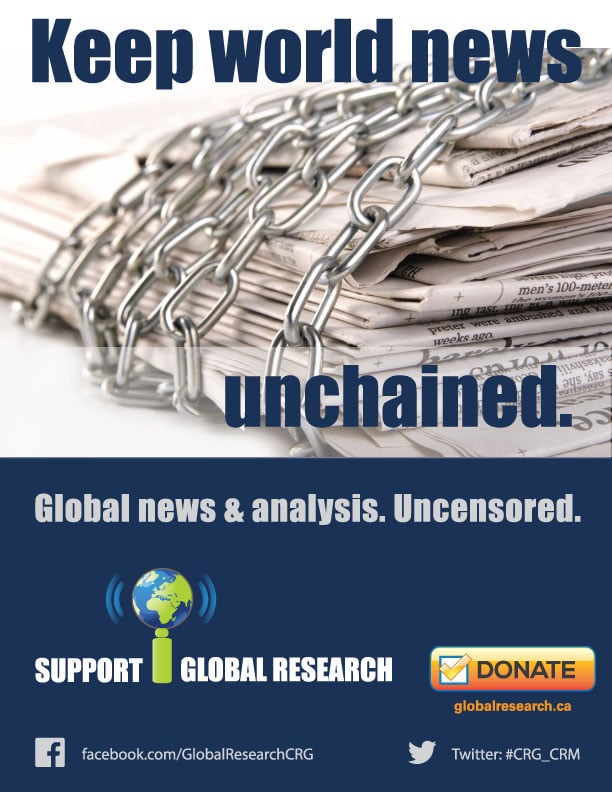 Can you
Can you 
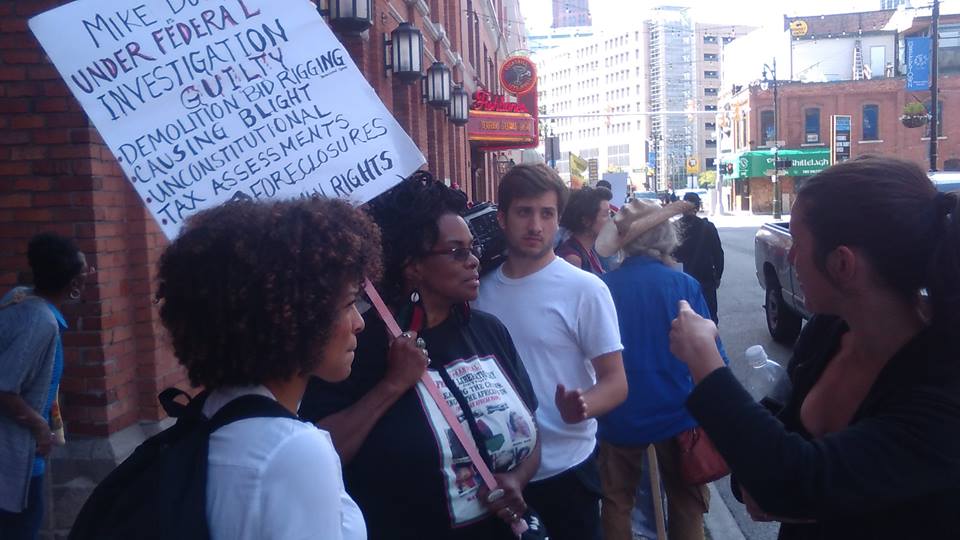



















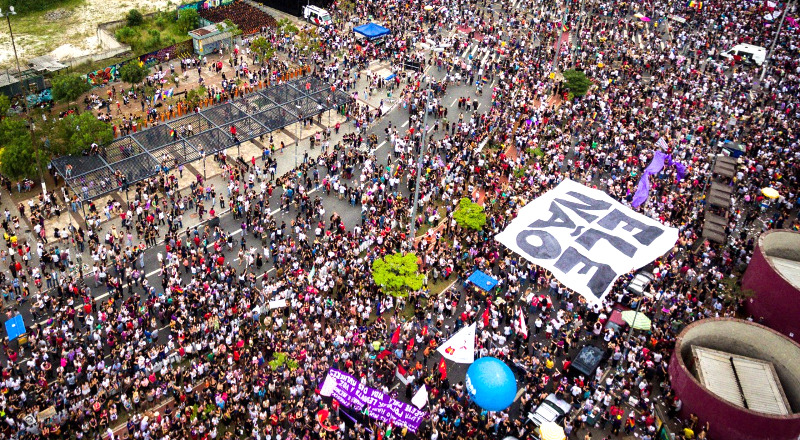
 enezuela, and the Global South generally. [3]
enezuela, and the Global South generally. [3]
